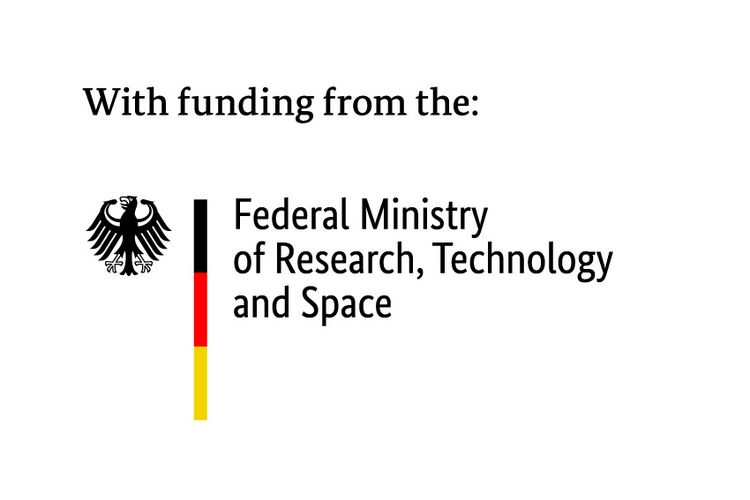Water at the Coasts of East Frisia (WAKOS): Basis for Tailored Climate Services for Adaptation
Project team
Contact
Management Chair
Secretariat

Water at the Coasts of East Frisia (WAKOS): Basis for Tailored Climate Services for Adaptation

Research Focus
Water and associated natural hazards pose significant challenges to the East Frisian coastal region, both in short-term risk management and long-term adaptation to climate change. Key extreme events such as sea level rise, heavy rainfall, storm surges, groundwater recharge, and saltwater intrusion affect coastal protection and inland drainage, necessitating adjustments by municipalities and associations. Comprehensive information is essential to effectively address the local impacts of climate change and potential adaptation strategies. However, such information is often fragmented and inaccessible. In the second project phase, the concept of a Climate Adaptation Academy, developed in WAKOS I, will be implemented to reduce fragmentation and provide easily accessible information. The goal is to promote transdisciplinary exchange and support the implementation of appropriate adaptation measures to create a climate-resilient East Frisia.
The team of Ecological Economics was already involved in Consortium Project WAKOS I. In WAKOS II, a detailed analysis of vertical decision-making structures will be conducted to identify opportunities for promoting strategic communication and coordination mechanisms for regional climate adaptation. This aims to strengthen collaboration and local initiative while enhancing understanding of learning processes and changes through regular meetings with regional stakeholders. A particular focus lies on how adaptation capacity influences and is monitored in regional decisions. Additionally, the Chair of Ecological Economics is working to make existing information usable and to develop and implement a concept for knowledge transfer, with a focus on integrating these approaches into existing institutional structures both administratively and professionally.
Method / Approach
The interdisciplinary Consortium Project WAKOS brings together various scientific disciplines, practice partners from the model region, and associated partners. It combines natural scientific modeling, such as storm surge and wave scenarios, with social scientific analyses involving relevant actors in coastal protection. Based on regional climate modeling and close collaboration with practice partners, scenario libraries are created to depict future developments and uncertainties. Social scientific analyses are conducted in participatory formats such as expert interviews and focus group discussions. The co-design of adaptation strategies focuses on socially accepted measures to enhance the adaptation capacity and resilience of coastal protection in the face of climate change.
Duration
March 2024 - February 2027
Consortium Partners
- Helmholtz Centre hereon GmbH (HEREON)
- Institute for Biology and Environmental Sciences, Carl von Ossietzky University Oldenburg (UOL-1
- Institute of Geography, University of Hamburg (UHH)
- Jade University of Applied Sciences Wilhelmshaven/Oldenburg/Elsfleth (JHS)
- Lower Saxony State Agency for Water Management, Coastal Protection, and Nature Conservation (Coastal Research Center) (NLWKN)
Associated Partners
- Federal Maritime and Hydrographic Agency (BSH)
- Lower Saxony Competence Center for Climate Change (NIKO)
Funding Measure
Regional Information on Climate Action (RegIKlim)
Framework Program
Research for Sustainable Development (FONA 3)
